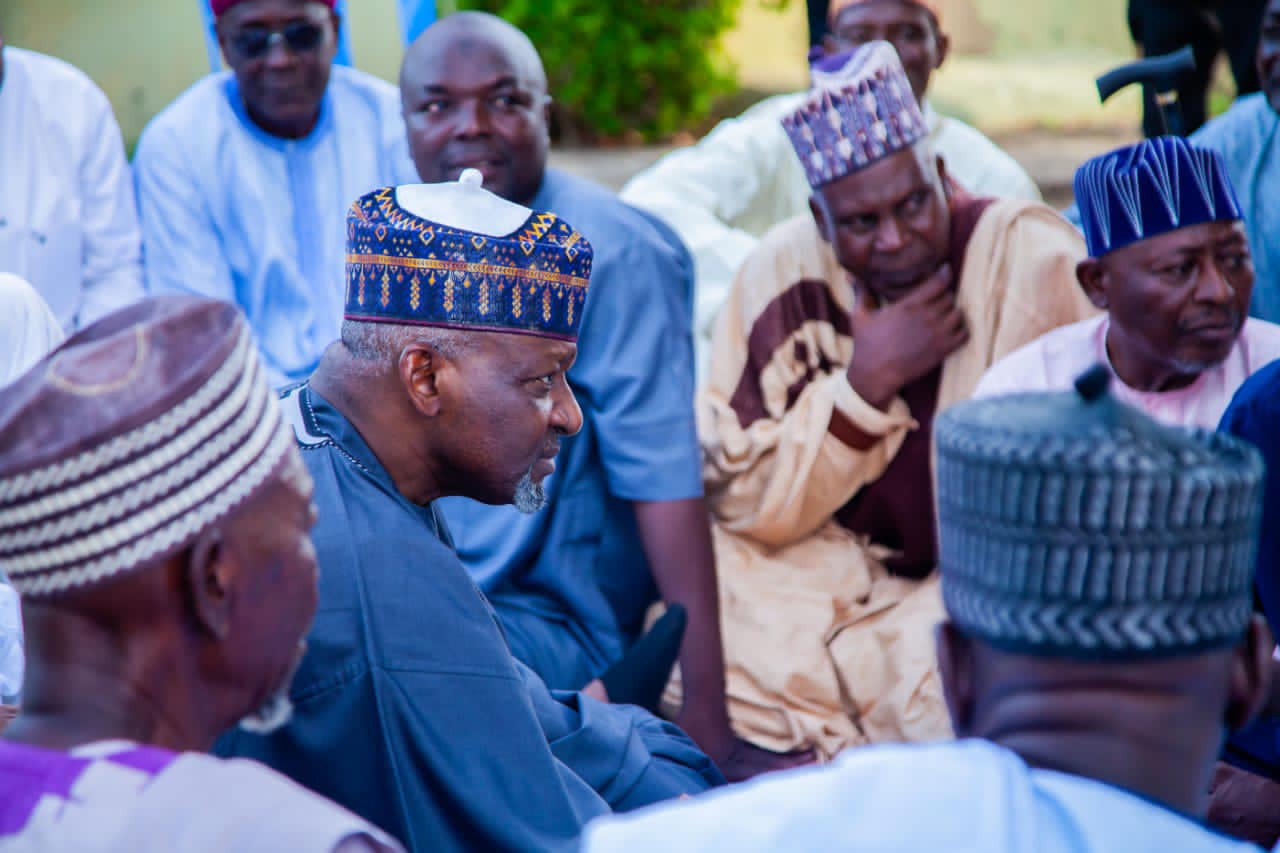A former Vice-Chancellor of Osun State University, Osogbo, Prof. Labode Popoola, has stated that free education, especially at the tertiary level, is practically impossible not only in Nigeria but worldwide.
Popoola, a Professor of Forest Economics and Sustainable Development at the University of Ibadan, made this clear during the fifth convocation lecture of KolaDaisi University, Ibadan [KDU-I].
The professor noted that free education is unfeasible not just in Nigeria but in other countries as well. Popoola, who was the guest lecturer, spoke on the theme: “Our Universities, Our Common Future.”
He pointed out that the idea of free education, especially at the university level, is highly unrealistic, regardless of how much it may be argued.
According to him, recent studies have shown that as much as 40 per cent of a country’s gross domestic product (GDP) is needed to fund elementary education and to take out-of-school children off the streets worldwide. This raises the question of what would then be left for infrastructure, health, defence, security, international relations, and other key sectors.
“There is a cost to it, and it must be borne or shared by some stakeholders, which could be parents or guardians, communities, foundations, philanthropists, and others.
“For universities in Nigeria to be competitive, sustainable and positioned to drive progress towards the future we desire, we must come to terms with global realities concerning funding”, he said.
Speaking on the parlous state of most Nigerian universities, the don lamented that public universities in Nigeria are a replica of the decadent larger society with many unthinkable vices.
He further stated that the Nigerian university system, which was once known for its rigour and integrity, is currently experiencing a decline.
He said: ”The universities today have become an open arena for all, where genuine intellectualism seems to flourish less. Over time, they are increasingly recognised more for frequent disruptions and closures than for groundbreaking inventions and innovative solutions. They have become a hotbed of vicious criticism aimed at nearly every action and policy of the government, yet they prove themselves unable to effectively manage their own internal affairs spaces.”
Popoola, however, emphasised that for universities in Nigeria to effectively contribute to the shared future that their criticism of the government seems to aim for, they must also alter their trajectories for improvement.
In his remarks, the Vice-Chancellor of the university, Prof. Adeniyi Olatunbosun [SAN], stated that the institution would continue to elevate the standard of educational excellence within the country and beyond. The law professor highlighted the institution’s achievements over the past year, with the creation of the Postgraduate School being the most notable.






